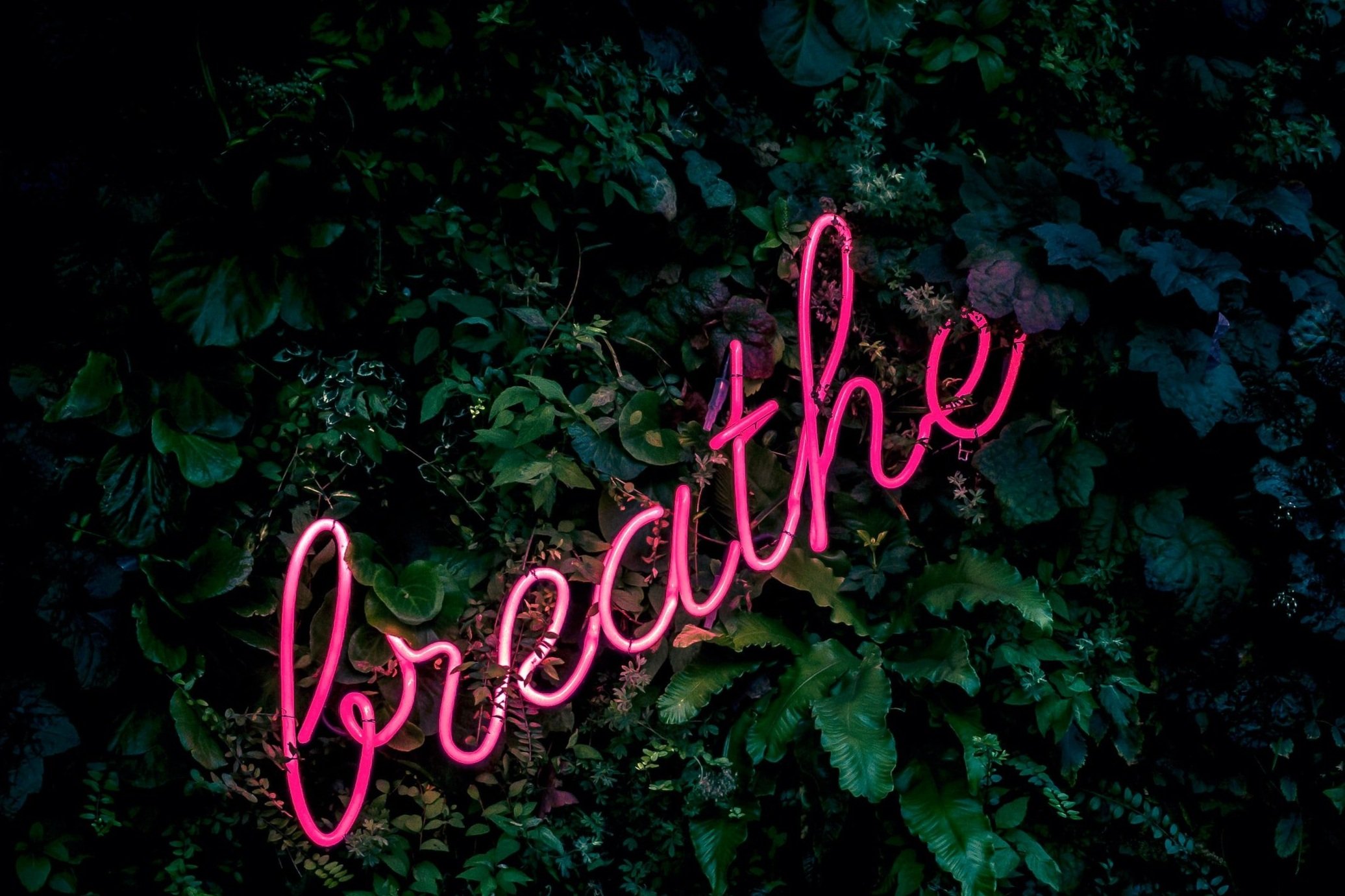
Mental health includes our emotional, psychological, and social well-being. It affects how we think, feel, and act. It also helps determine how we handle stress, relate to others, and make healthy choices. Mental health is important at every stage of life, from childhood and adolescence through adulthood.
1 in 4 people will experience a mental health illness at some point in their lifetime.
We are committed to helping our students and instructors to have good mental health
How to help
The aims of mental health first aid
The 3 Ps
PRESERVE life where a person could be a danger to themselves or others.
PREVENT the condition from developing into a more serious condition.
PROMOTE recovery of good mental health by signposting and obtaining professional support.
-
• Losing interest in activities that were previously enjoyed.
• Underperforming.
• Increased anxiety, exhaustion and restless.
• Isolating themselves and not wanting to socialize.
• Changes in appetite either under or overeating.
• Changes in perception such as hearing or seeing things that others don’t.
• Self-harming behaviour.
-
• Ask open ended questions such as, “How are your feeling?” “Can you tell me more about . . .?”
• Listen carefully with no judgement.
• Signpost them to professionals.
-
• Friend or family member who can offer comfort and support.
• GP service if the problem is not life-threatening.
• 999 or A&E if the problem is life threatening e.g. they are experiencing suicidal thoughts, thinking about harming themselves or have done so already.
• The Samaritans (phone number- 116 123), free call service 24 hours a day, all year to talk to someone in confidence.
• The Scottish Association of Mental Health has a ‘find help’ section for specific advice and support.
https://www.samh.org.uk/find-help
Commitment One
Mental health first aiders
What this means is we have attended training on mental health first aid. Our mental health first aiders who you can talk to for support and advice are:
Suzie Bee, Kay Tompkins, Gemma Simpson
Suzie has also gained a Level Four personal training qualification in mental health. This qualification includes understanding the range of mental health conditions and how it can affect people's everyday lives. But, also how exercise can help improve mental health.
If you would like to become a mental health first aider, let us know and we can direct you to training.
Commitment Two
We are part of the Live Active Sport for Change Network (mental health)
What this means is we have access to a network of local clubs who are also focussing on mental health and we have access to funding and support for our projects. For example, our class Yoga for Holistic health on Sunday is a funded project to support mental health.
Commitment Three
We have signed up to the Scottish Association of Mental Health Charter
What this means is we have access to the charter toolkit to help us with information and resources and ideas on mental health.
One of the resources that everyone can take is the SAMH online course ‘Mental Health Awareness’. You can take the course here.



